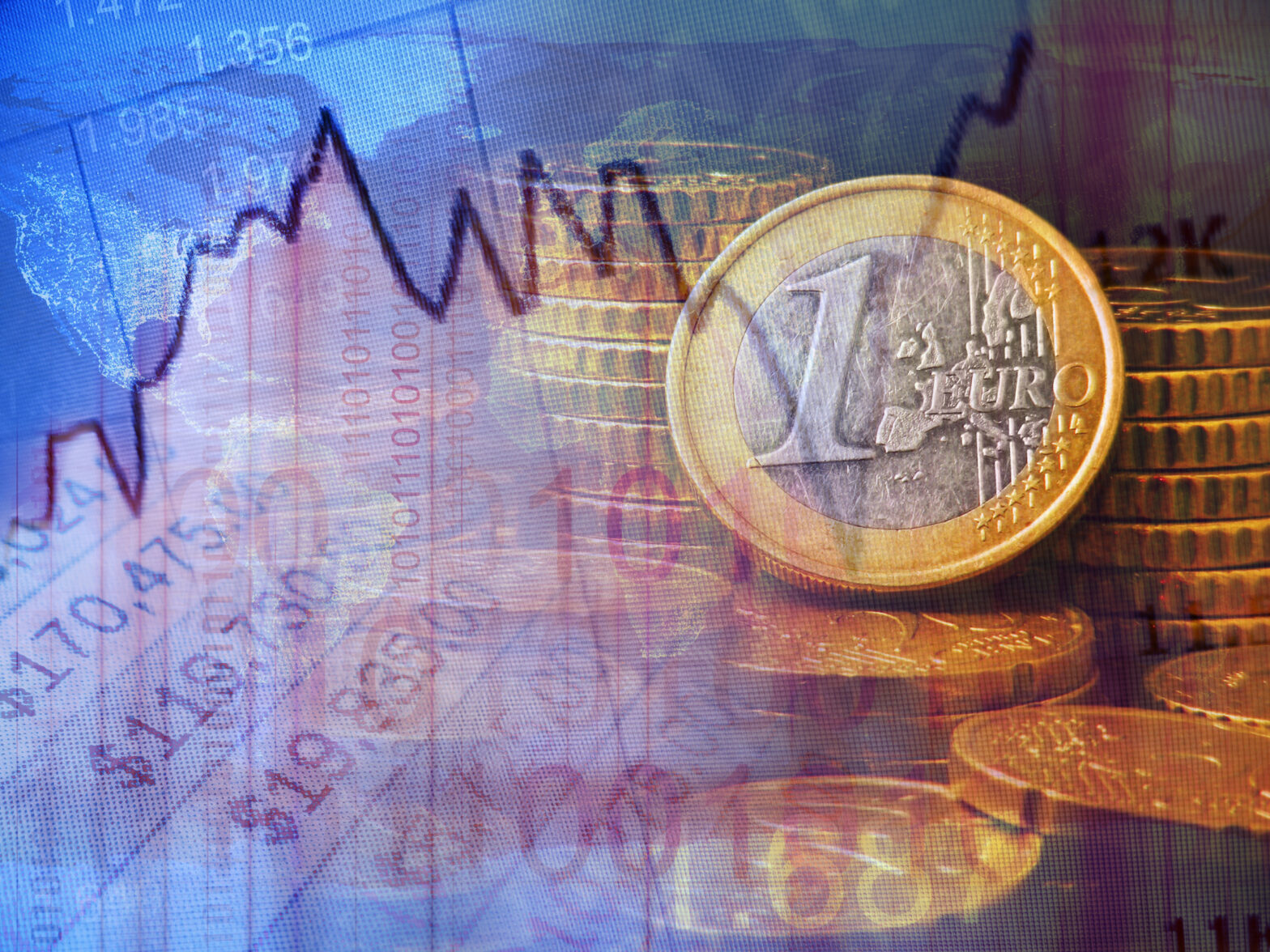Europe is punching above its weight in the global market by producing a disproportionate number of Unicorns, according to Hoxton Ventures partner Hussein Kanji.
Speaking at a NOAH Conference in London, Kanji told delegates that since 2000 half of the new Unicorns (businesses with a valuation of $1bn or more) have come from Europe. He argued that this has happened despite the continent’s start-ups historically not having the financial backing of counterparts in other major economic regions.
“If you compare Europe to China, despite being a much larger market China is only producing about 22% of new Unicorns, and in other large markets Israel and India it’s tiny in comparison,” he said.
“And if you contrast the cash that goes into businesses here with other economies Europe is massively underfunded. So it’s a very interesting time to be a VC because we’re seeing businesses that are turning into very large companies and there’s very little money outside of the bigger funds.”
>See also: Nestpick raises $11m in Series A funding round
Kanji went on to say that just five years ago the story was very different in Europe; with less than 10% of the Unicorns based here. And he also touched on the difference in approach European companies’ now have to international expansion.
“I remember at the time we’d struggle to find one Unicorn coming out of Europe per year and now there are two or three every year,” he continued. “And the other thing is that these companies are now going global way quicker than they were in the past. And their ambitions in many cases include taking over the US market.”
And Kanji does sees the situation in Europe developing now as the “funding ecosystem has fundamentally changed” in the past few years.
“If you look at how the European companies were funded historically, at the early stage they were almost drip-fed. If you look at the older generation of Unicorns like TransferWise they had a lot of different round of funding before they went for the mega-rounds,” he said.
“Now with your newer generation on Unicorns like Bla Bla Car they went for the seed round, a large Series A and then straight to the mega-rounds. It’s something you just didn’t see in Europe five years ago and for the first time it looks like it’s catching up with the funding models we’re more used to seeing in the US.”
Further reading: UK creating technology unicorns at rate of one a week






